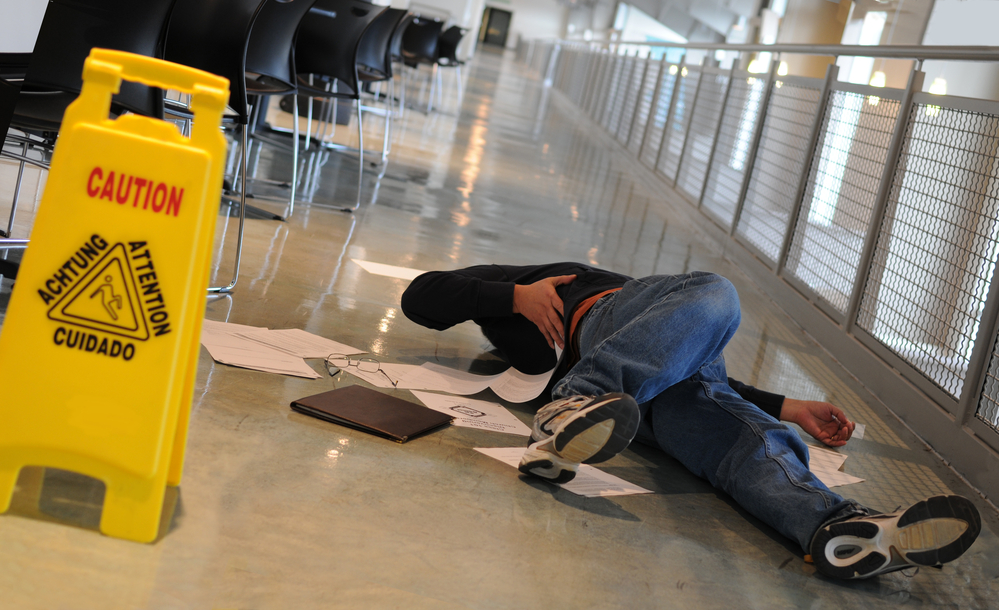Slip And Fall Lawyer
Slip and fall accidents can be challenging to prove due to several factors that contribute to the complexity of these cases. While each case is unique, there are common reasons why slip and fall accidents are difficult to prove. These factors include:
Slip and fall accidents factors
- Lack of witnesses: Slip and fall accidents often occur when no one is around to witness the incident. Without eyewitnesses, it becomes challenging to establish the cause of the fall, the conditions at the time of the accident, and whether any negligence contributed to the fall.
- Absence of immediate reporting: Delayed reporting of the accident can weaken the claim’s credibility. If there is a significant gap between the accident and the reporting, the defense may argue that the fall occurred under different circumstances or that the injuries were unrelated to the incident.
- Difficulty in establishing liability: Proving liability in slip and fall cases is often complex. Property owners or occupiers may argue that they took reasonable steps to maintain the premises and address potential hazards promptly. Establishing negligence requires demonstrating that the property owner or occupier knew or should have known about the dangerous condition and failed to take appropriate action.
- Comparative negligence: Slip and fall cases may involve comparative negligence, meaning the injured party contributed to the accident to some extent. For example, if the injured person was distracted or wearing inappropriate footwear, the defense may argue that their actions or lack of caution played a role in the accident, reducing the defendant’s liability.
- Transitory nature of hazards: Slip and fall accidents often occur due to temporary or transitory hazards, such as wet floors, uneven surfaces, or debris. By the time an investigation takes place, the hazardous condition may no longer exist, making it difficult to recreate the exact circumstances at the time of the accident.
- Varied interpretations of “reasonable care”: Determining whether the property owner or occupier exercised “reasonable care” can be subjective. What may be considered reasonable care for one person may differ from another’s perspective. This subjectivity makes it challenging to establish a clear standard of care and prove a breach of that duty.
- Insurance company skepticism: Insurance companies often approach slip and fall claims with skepticism, assuming that the injured party is exaggerating their injuries or attempting to exploit the situation for financial gain. This skepticism can result in a more challenging claims process and necessitate strong evidence to substantiate the claim.
- Complexity of legal proceedings: Slip and fall cases can involve complex legal proceedings and require expert testimonies, accident reconstruction, and other specialized evidence. The complexity of these cases can make it difficult for individuals without legal representation to navigate the legal system effectively. It is important to consult with a slip and fall lawyer.
While slip and fall accidents are challenging to prove, it does not mean that compensation cannot be pursued. By working with an experienced lawyer, gathering evidence, documenting the incident, and establishing a strong case, injured parties can increase their chances of a successful outcome. Contact your local law office for help with your case.
![Dark-Logo[3]](https://hayhurstlaw.com/wp-content/uploads/2021/07/Dark-Logo3.png)

